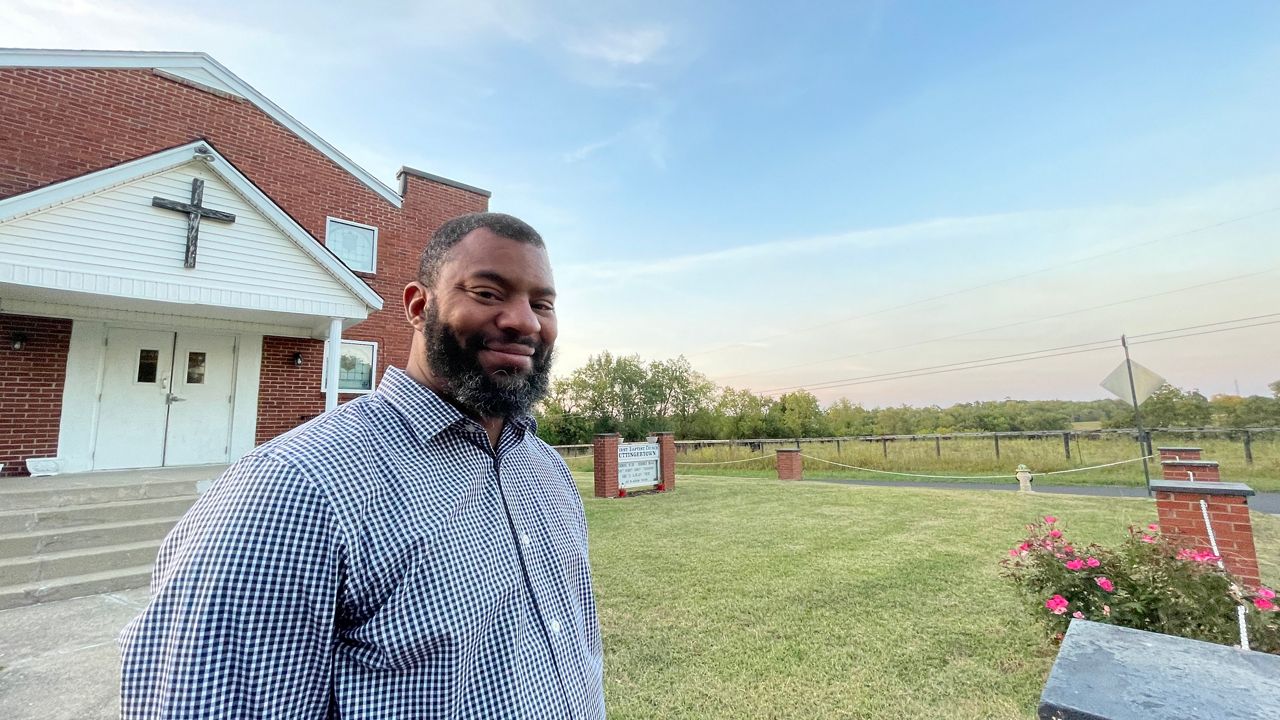LEXINGTON, Ky. — It's been several months since Lexington started digging into the places where African-American communities launched.
Uttingertown is one of Lexington's historical Black villages and rural communities still standing almost 100 years later. It's among 19 different hamlets that are being researched and preserved as “a sense of place” around the city.
“A place of safety, and as you can hear and see and smell, there’s nothing like good fresh country air that’s what makes this place special,” said Uttingertown missionary baptist church pastor Michael Jackson.

These Black hamlets came together by freed slaves who built functioning communities on land that was purchased and eventually cultivated.
Self-sufficient neighborhoods were developed to include homes, schools, businesses, churches, cemeteries and other facilities.
Now, the city is hoping to lead the future, by example.
Yvonne Giles, Sense of Place steering committee's historical adviser, said it’s to, “empower the next generation, because they won’t know what their descendants were, what their ancestors did to create the place they know and loved, and grew up in.”
Individuals, families and even neighborhood associations are sharing their connections to these sites.
Council member Kathy Plomin and community leaders behind the project are collecting stories, facts and resources to accurately preserve these hamlets.
Giles said it’s sometimes a challenge to share intimate moments with the public.
“With photos, they have an immense amount of photos and resources," Giles said. "The problem is always getting them to give it up.”
Jackson said the history of these Black hamlets still has a voice in their church.
“So it's exciting also to hear the stories that they tell and then to see the generations of families that still attend here on Sunday,” Jackson said.
Jackson said nearly 80% of the members at the church grew-up while the hamlet thrived or have family ties to the area, much like Caden town the first hamlet leaders visited in June.
“That is the full circle moment," Giles said. "If you choose to stay in a rural community where you know your family has connections.”



